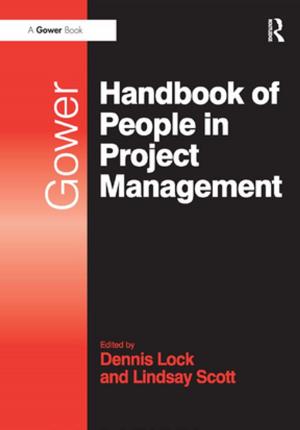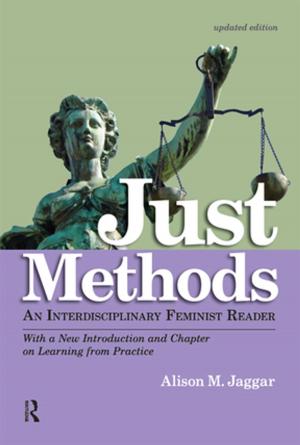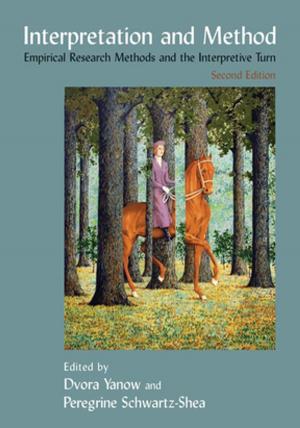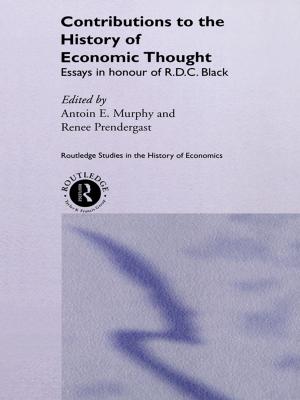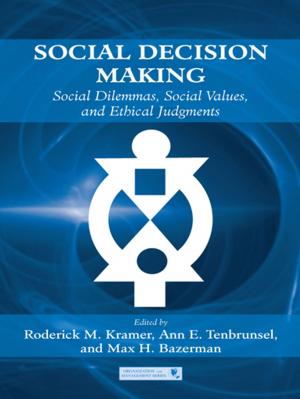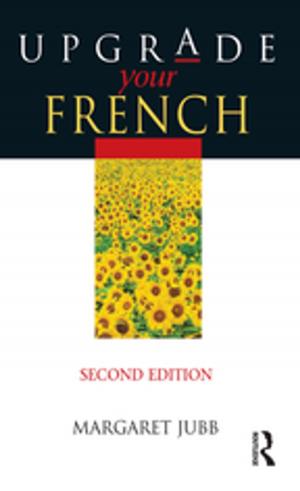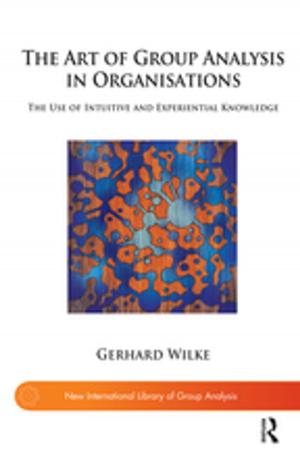Poetic Resistance: English Women Writers and the Early Modern Lyric
English Women Writers and the Early Modern Lyric
Nonfiction, Social & Cultural Studies, Social Science| Author: | Pamela S Hammons | ISBN: | 9781351726122 |
| Publisher: | Taylor and Francis | Publication: | February 5, 2018 |
| Imprint: | Routledge | Language: | English |
| Author: | Pamela S Hammons |
| ISBN: | 9781351726122 |
| Publisher: | Taylor and Francis |
| Publication: | February 5, 2018 |
| Imprint: | Routledge |
| Language: | English |
This title was first published in 2002: Pamela Hammons' study contributes to the booming field of early modern women writers by contextualizing and analyzing a unique configuration of underexamined women's texts. By examining how 17th-century English women's composition of lyrics intersects significantly with the social experiences of the writers, the book challenges assumptions that have limited the study of early modern women's writing and reveals the power of lyrics in women's reconceiving or changing of their positions in society. Here Hammons reconsiders how generic conventions were employed as a means by which women writers could borrow from socially sanctioned poetic traditions to express potentially subversive views of their social roles as mothers, religious leaders, widows, and poets. Although the narrative concentrates on early modern lyrics, it also treats contemporary plays, epics, prose polemics, conversion narratives, religious treatises, newsbook articles, and Biblical texts in building its arguments. The study engages extensively with issues concerning manuscript and social texts in the context of print culture through the close examination of a variety of textual practices. It provides a thorough yet subtle grounding in recent feminist criticism, the social history of the family, and the history of authorship practices.
This title was first published in 2002: Pamela Hammons' study contributes to the booming field of early modern women writers by contextualizing and analyzing a unique configuration of underexamined women's texts. By examining how 17th-century English women's composition of lyrics intersects significantly with the social experiences of the writers, the book challenges assumptions that have limited the study of early modern women's writing and reveals the power of lyrics in women's reconceiving or changing of their positions in society. Here Hammons reconsiders how generic conventions were employed as a means by which women writers could borrow from socially sanctioned poetic traditions to express potentially subversive views of their social roles as mothers, religious leaders, widows, and poets. Although the narrative concentrates on early modern lyrics, it also treats contemporary plays, epics, prose polemics, conversion narratives, religious treatises, newsbook articles, and Biblical texts in building its arguments. The study engages extensively with issues concerning manuscript and social texts in the context of print culture through the close examination of a variety of textual practices. It provides a thorough yet subtle grounding in recent feminist criticism, the social history of the family, and the history of authorship practices.

